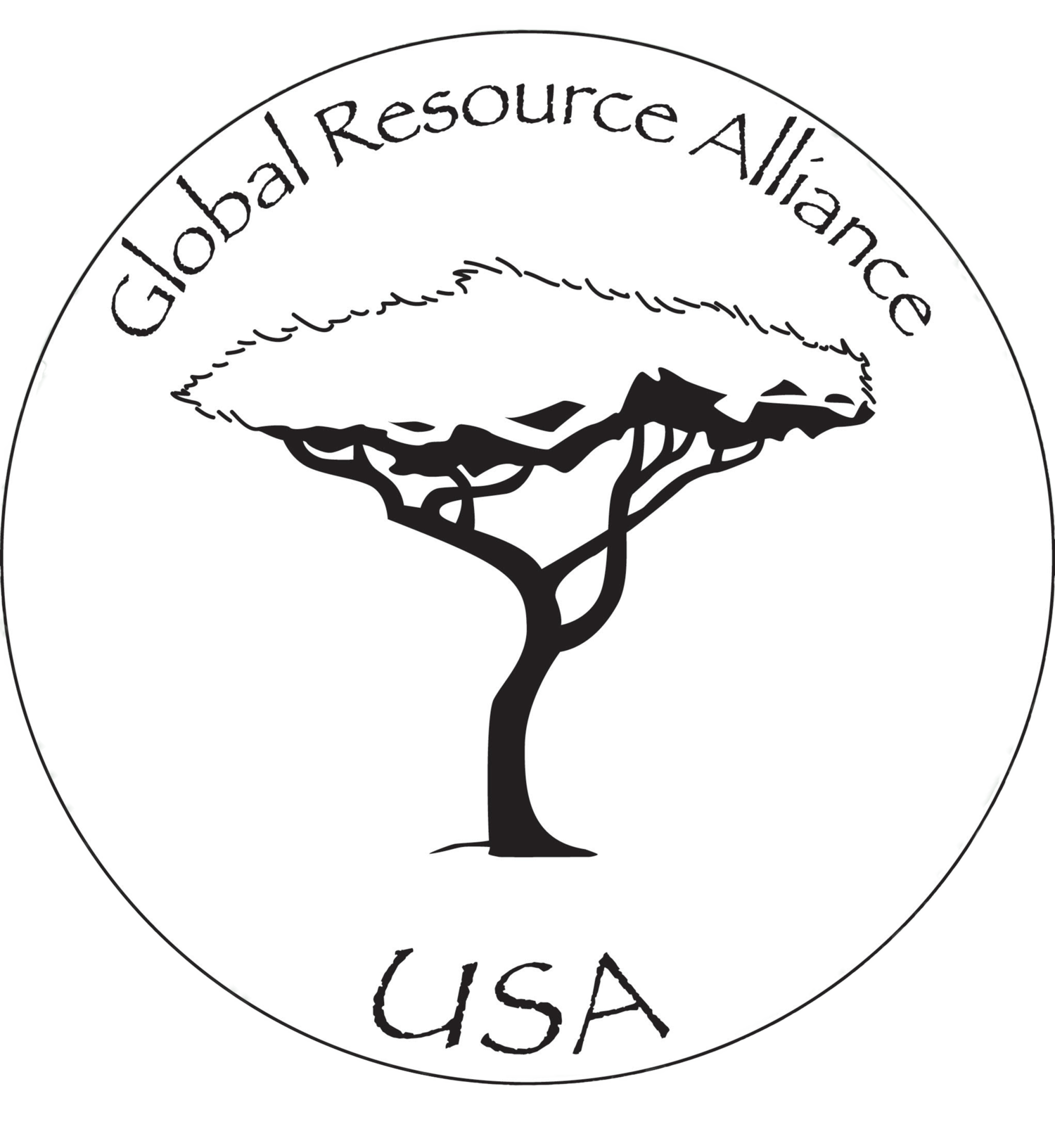What We Did in 2015
Permaculture
Continued developing the Kinesi Village permaculture project with the local villagers on 8 acres of land donated to GRA by the Village Council to grow food for 35 families caring for orphans. This plot grows hundreds of trees for food, lumber and habitat, staple foods like corn, beans, sweet potatoes, sorghum, cassava, peanuts and a variety of vegetables and plants for medicinal purposes.
Community members chose Ndumbe Jackson as their representative and coordinator of the project. Ndumbe received his Permaculture Design Certification in Arusha, Tanzania in 2015 together with the Tree Planting Coordinator, Obadia Magige.
Offered weekly permaculture training to orphans’ families and community members interested in learning topics like compost making, rotation crops, natural insecticides, etc.
Hosted interns and volunteers from around the world as well as Tanzania to spend weeks or months learning about permaculture, exchanging their work for food and accommodation in the staff housing and getting to know local members of the community.
Tree Planting
In collaboration with Belgian NGO, WeForest, GRA distributed more than 105,000 trees for carbon offset/social responsibility purposes on behalf of large European corporations. This brings the total number of trees planted since inception of the project in 2010 to over 450,000.
Maintained a team of two trainers and four to six permanent workers to operate the tree nursery on the 8 acre permaculture plot in Kinesi Village and planted more than thirty different kinds of trees in the nursery including fruit, medicinal, timber, ornamental, fencing and nitrogen fixing trees.
Trained over 500 individuals, schools and community groups to plant and care for trees. Free trees were given to those individuals and groups that prepared holes to plant the trees. This year we have continued to focus our efforts on educating children to plant trees at their school grounds. Most schools have a good track record of keeping the trees alive providing care on a regular basis.
Started to develop strategies to expand distributions of trees significantly in years to come
Herbal Remedies
Continued to grow, process and sell herbal products at affordable prices to over 500 customers to treat all types of tropical diseases including malaria, parasites, malnutrition, yellow fever, amoebas and tuberculosis. We also continued to produce and distribute moringa / amaranthus supplements that greatly enhance the wellbeing of people living with HIV/AIDS and other chronic conditions.
Provided free remedies for over 100 people most in need like orphans, elders and the poorest of the poor. GRA herbalist Lucy Ndege also offered home visits for those too ill to come to the office.
Free distribution and training to over 200 workshop participants on the use of Master Mineral Supplement (MMS) to disinfect water, treat malaria, and other tropical diseases with outstanding success.
Support for Orphans
Completed the 12th consecutive year of the Tumaini kwa Watoto (Care for the Children) program that provides 68 orphans living with foster families in the Musoma area food, healthcare, school supplies, school fees for secondary school students, uniforms, shoes, clothes and weekly activities at the GRA-Tz office compound.
Continued support for 75 families caring for orphans in Kinesi Village. The program provides some supplemental food, clothes, health care, school fees and other supplies for these children. About 35 of the families are involved in growing their own organic food at the two GRA-Tz permaculture plots. Also continued providing support for the development of family plots for the families involved in the project.
This year we made an effort to provide mattresses, sheets and mosquito nets to all children in the Kinesi orphans programs. Many of these kids were sleeping on dirt floors with cardboard or on very deteriorated mats.
Provided after-school English, math and computer tutoring program for the kids in the program several days a week both in Musoma town and Kinesi village. Thanks to these classes our children are excelling in their exams and qualified for secondary education at four times the national average.
Provided continuing scholarships for all 8 of the kids from the two orphans programs now enrolled in colleges and universities. Two more have already graduated and found good jobs.
Rural Water Supply
2015 was a slow year for the Maji Mengi water project. Government funding for water projects was cut substantially – along with other essential government services. We’ve been waiting for over a year for payment for previous boreholes completed for the government.
Completed six successful boreholes – including one for the Lake Victoria Disability Center where we installed a solar submersible pump system – bringing our total to 105 successful boreholes.
Hired a graduate of the Water Development Resource Institute to join our geophysical survey team.

